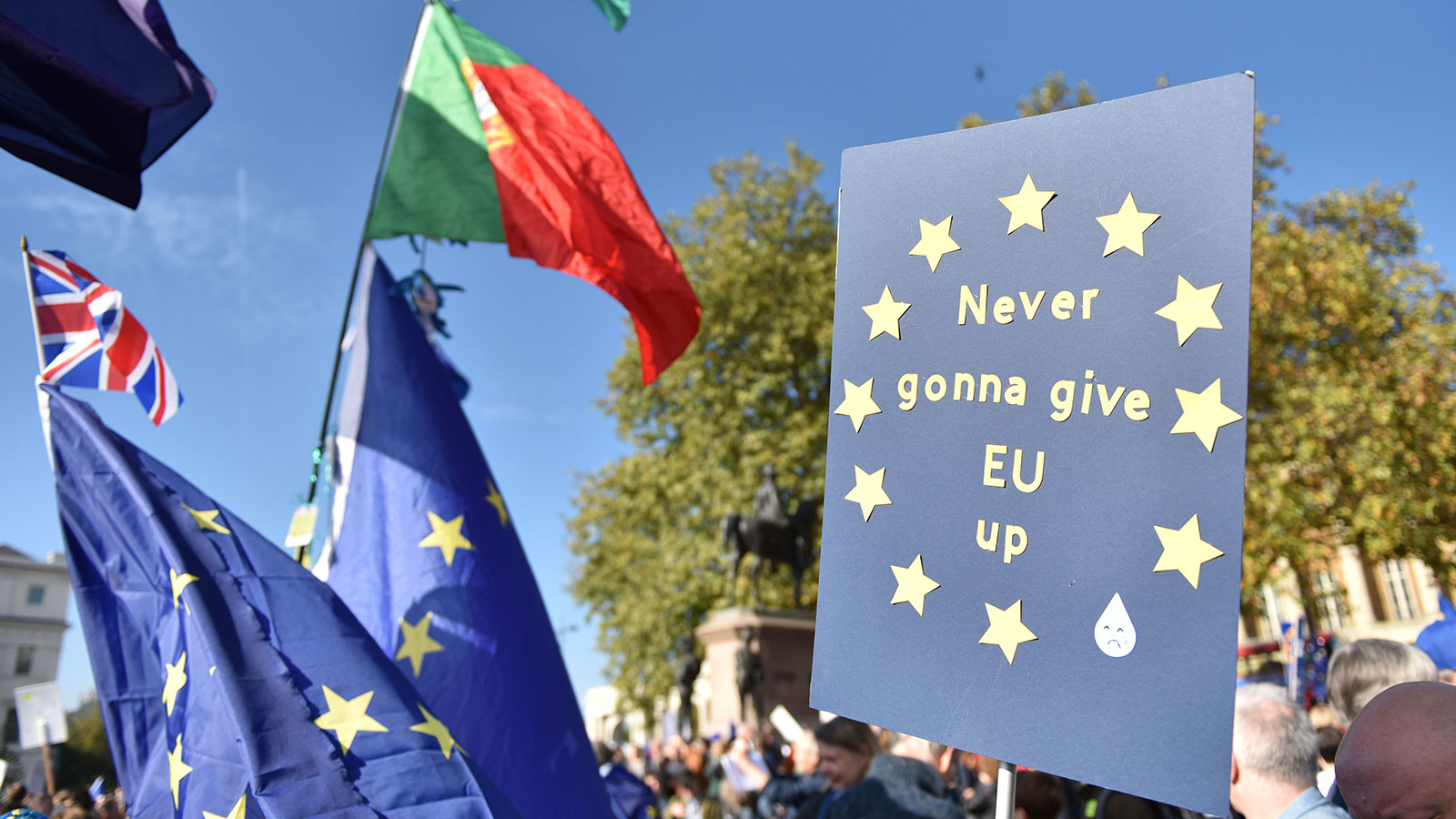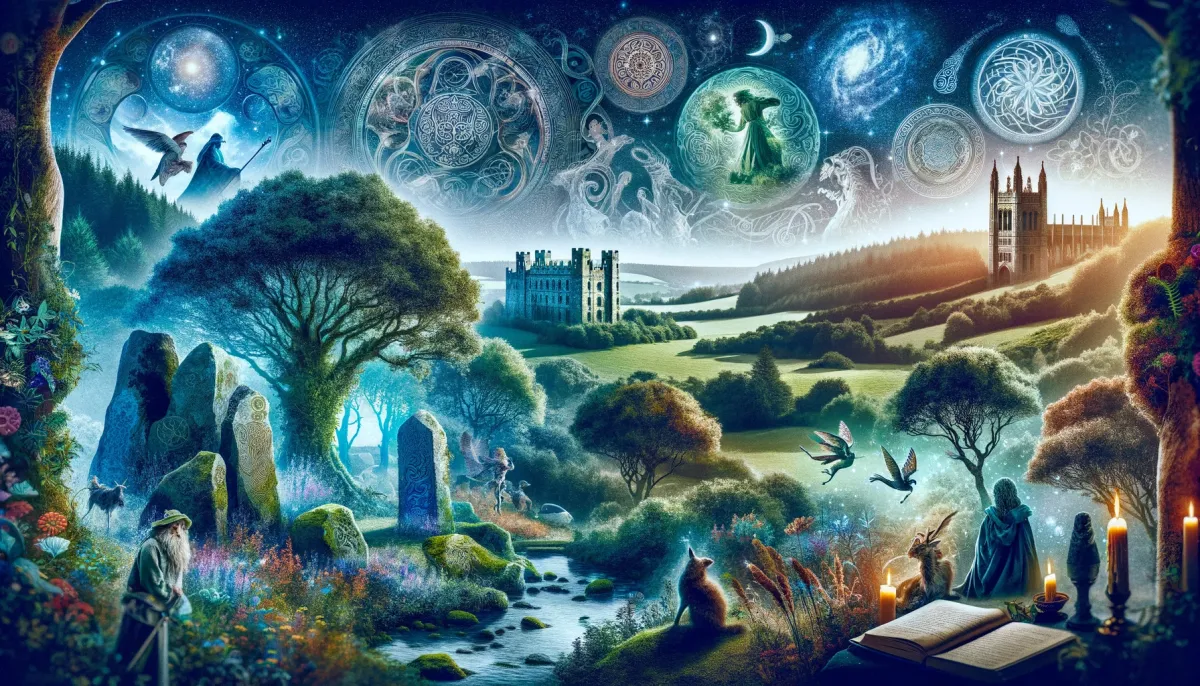The Age of Exploration, spanning the 15th to the 17th centuries, marked a transformative era in human history. Driven by curiosity, economic ambition, and the pursuit of new trade routes, explorers set sail across uncharted waters, forever altering global connections. Navigators like Christopher Columbus and Ferdinand Magellan played pivotal roles in expanding the known world, paving the way for cultural exchanges, economic expansion, and geopolitical shifts.
The Motivations Behind Exploration
Several factors fueled the Age of Exploration. The desire for wealth, particularly access to valuable spices, gold, and silk, encouraged European nations to find direct sea routes to Asia. The fall of Constantinople in 1453 had disrupted overland trade routes, making maritime exploration essential. Additionally, advancements in navigation, such as the astrolabe and improved cartography, allowed sailors to embark on longer and more precise voyages.

Religious motives also played a crucial role. European monarchs and explorers sought to spread Christianity to newly discovered lands, viewing exploration as both an economic and spiritual mission. National pride and competition among rising European powers, including Spain, Portugal, England, and France, further accelerated the quest for global dominance.
Columbus and the Discovery of the New World
Christopher Columbus’s journey in 1492 is one of the most famous in history. Commissioned by Spain, he set out to find a western route to Asia but instead landed in the Caribbean. Though he believed he had reached the East Indies, his voyages opened the Americas to European exploration and colonization. This event led to the Columbian Exchange, a massive transfer of crops, animals, technology, and diseases between the Old and New Worlds. While it brought economic benefits, it also had devastating consequences for indigenous populations.
Magellan’s Circumnavigation and Its Impact
Ferdinand Magellan, a Portuguese explorer sailing for Spain, led the first expedition to circumnavigate the globe. Setting sail in 1519, he aimed to find a western route to the Spice Islands. Despite immense hardships, including mutinies, starvation, and his own death in the Philippines, his fleet achieved this historic feat in 1522. His journey proved that the world was round, expanded maritime trade routes, and confirmed the vastness of the planet, reshaping global navigation forever.
Consequences of Exploration
The Age of Exploration had profound and lasting effects. Economically, it initiated the rise of European colonial empires, particularly in the Americas, Africa, and Asia. The influx of gold and silver from the New World transformed European economies, leading to the growth of mercantilism and the early foundations of global capitalism.
Culturally, the exchange of goods and ideas revolutionized societies. Crops like potatoes, maize, and tomatoes became staples in Europe, while horses and new technologies influenced indigenous ways of life. However, exploration also led to exploitation, as indigenous populations faced displacement, enslavement, and devastating diseases like smallpox.
Politically, European nations established overseas colonies and maritime dominance, shifting power dynamics for centuries. Spain and Portugal emerged as early leaders, while England, France, and the Netherlands later joined the competition, leading to centuries of imperial rivalry.

Legacy of the Age of Exploration
The voyages of Columbus, Magellan, and their contemporaries laid the foundation for globalization. The interconnected world we live in today traces its roots to this era of exploration. While it brought progress and innovation, it also left a legacy of conquest and colonization that continues to shape modern history.
By studying the Age of Exploration, we gain insights into the drivers of human ambition, the consequences of global expansion, and the complex impact of cultural interactions. It remains one of the most influential periods in history, demonstrating both the brilliance and the challenges of human discovery.
































